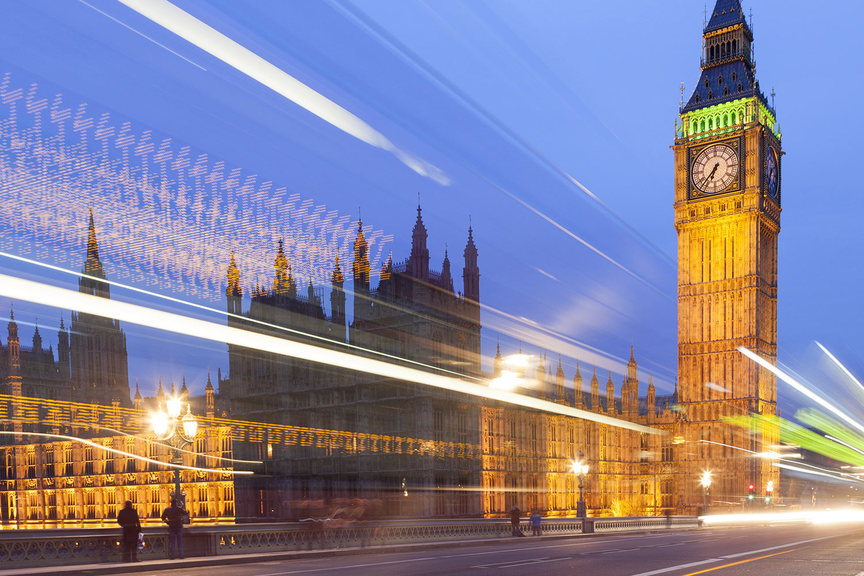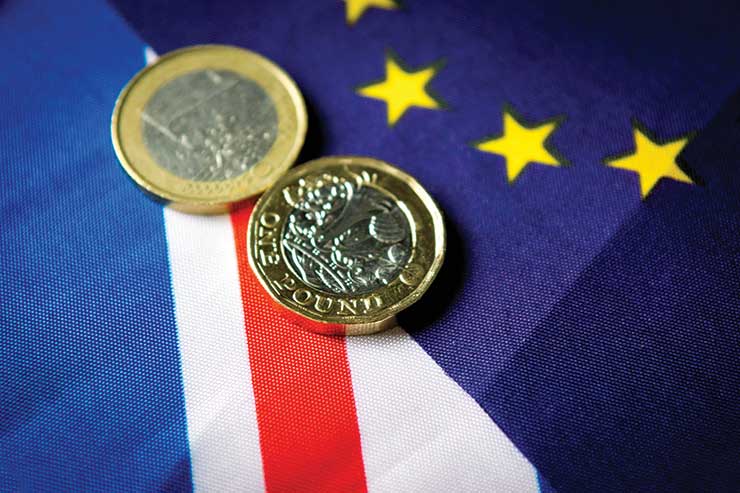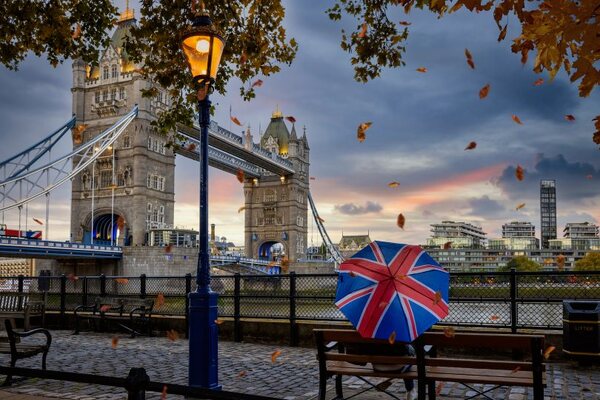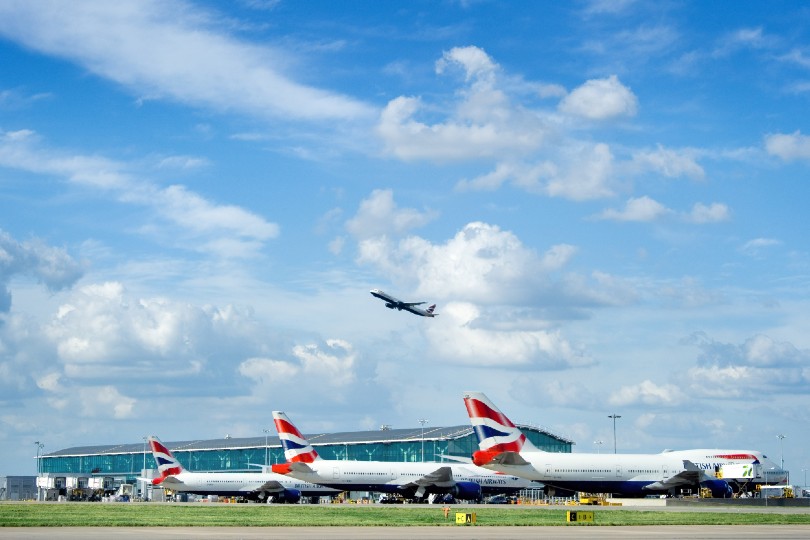Brexit: Government suffers humiliating defeat over EU withdrawal bill
 James Chapple
James ChappleThe government suffered its largest defeat in modern history on Tuesday (January 15) after Theresa May’s Brexit deal was rejected by 230 votes.
Ministers voted 432 to 202 against the government’s EU withdrawal bill, which sets out the terms for the UK’s departure from the union on March 29.
Labour leader Jeremy Corbyn has tabled a vote of no confidence, with a vote likely to be held on Wednesday afternoon (January 16).
POLL: What would you like to see the government do next to resolve Brexit?
May is expected to win the vote after the DUP and a pro-Brexit coalition of Tory backbenchers pledged to back her. A defeat could trigger a general election.
The next step for Brexit negotiations though is more uncertain. May has pledged to return to the Commons with an alternative plan next week following cross-party talks.
It is also possible, should her party back her in the no confidence vote, May could return to Brussels to seek a revised deal, although the EU is not expected to offer any further concessions on its so-called four pillars – free movement of goods, services, capital and labour.
European Council president Donald Tusk intimated on Tuesday evening the UK should remain in the UK.
"If a deal is impossible, and no one wants no deal, then who will finally have the courage to say what the only positive solution is?" he wrote on Twitter.
May’s deal, more than two years in the making, sought to negotiate an orderly departure from the EU on March 29, with a 21-month transition period for further negotiations.
Its defeat by 230 votes was the largest since the First World War.
Sign up for weekday travel news and analysis straight to your inbox

James Chapple
Supplier Directory
Find contacts for 260+ travel suppliers. Type name, company or destination.
















